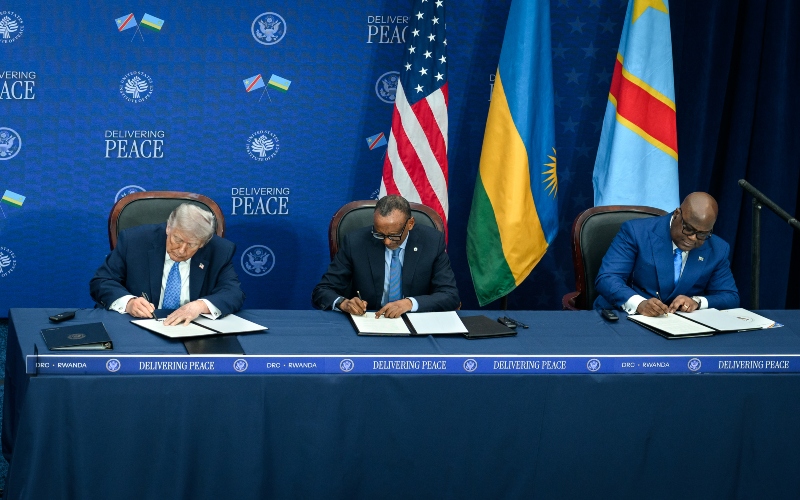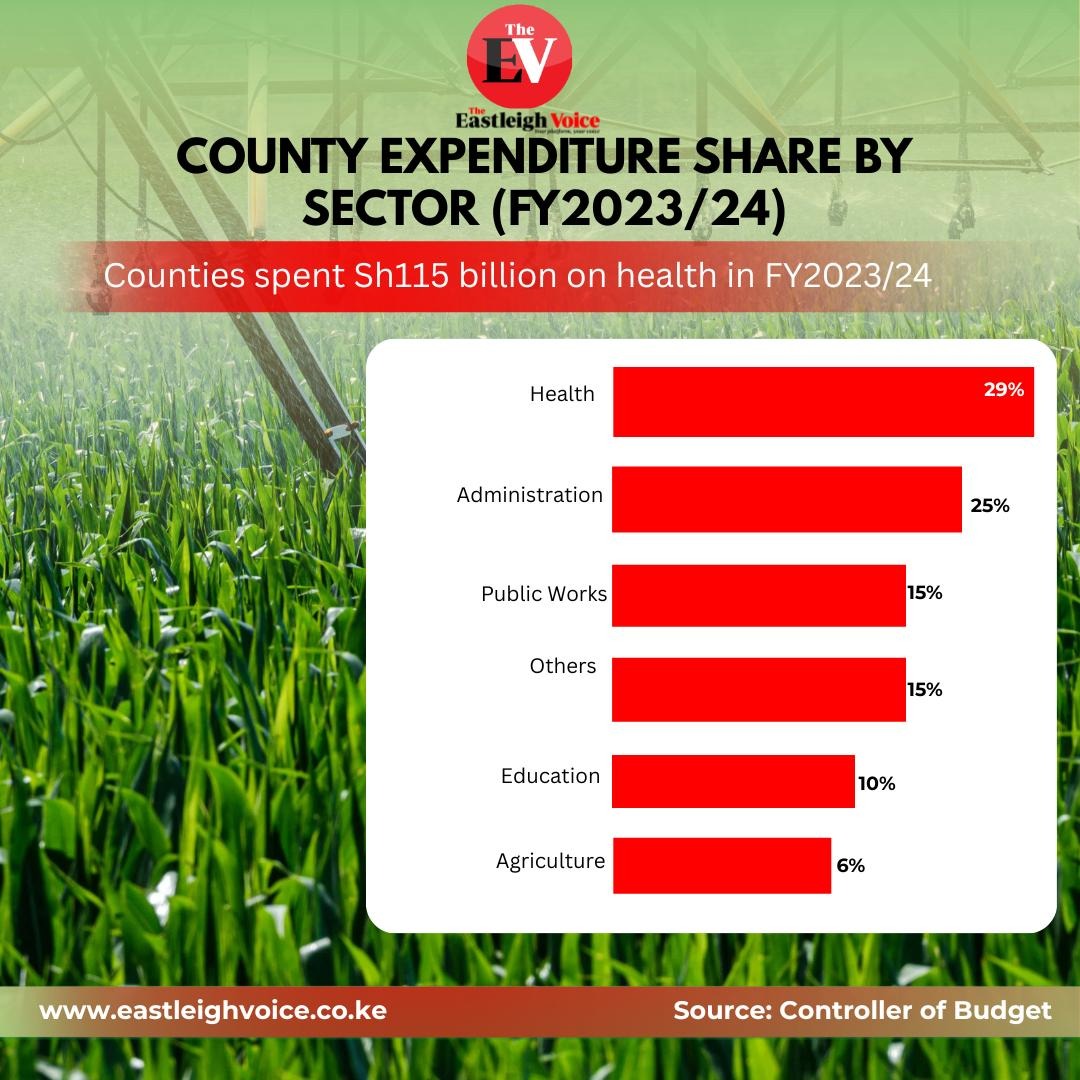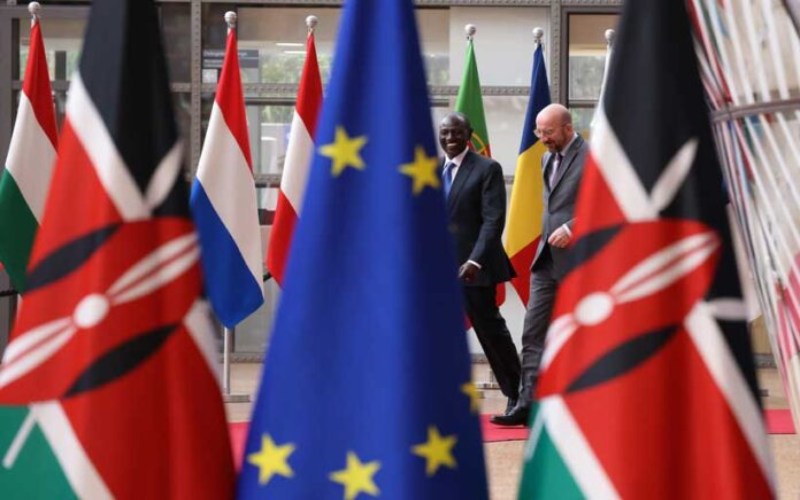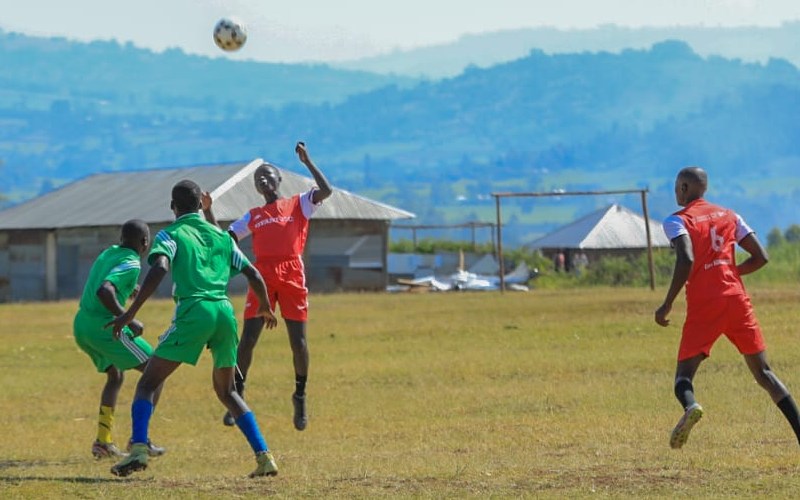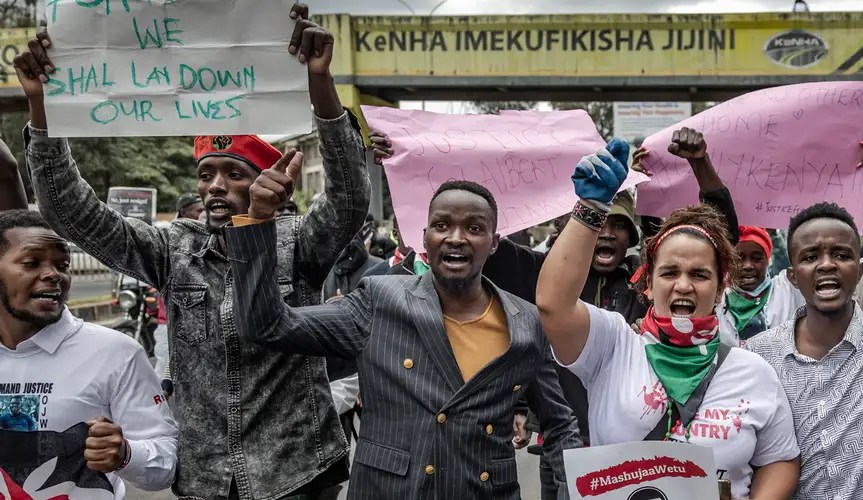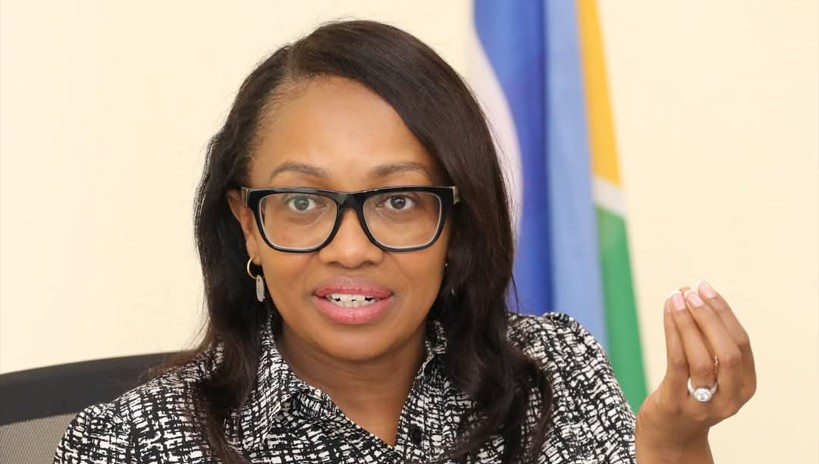Nigeria's police chief warns against Kenyan-style protests
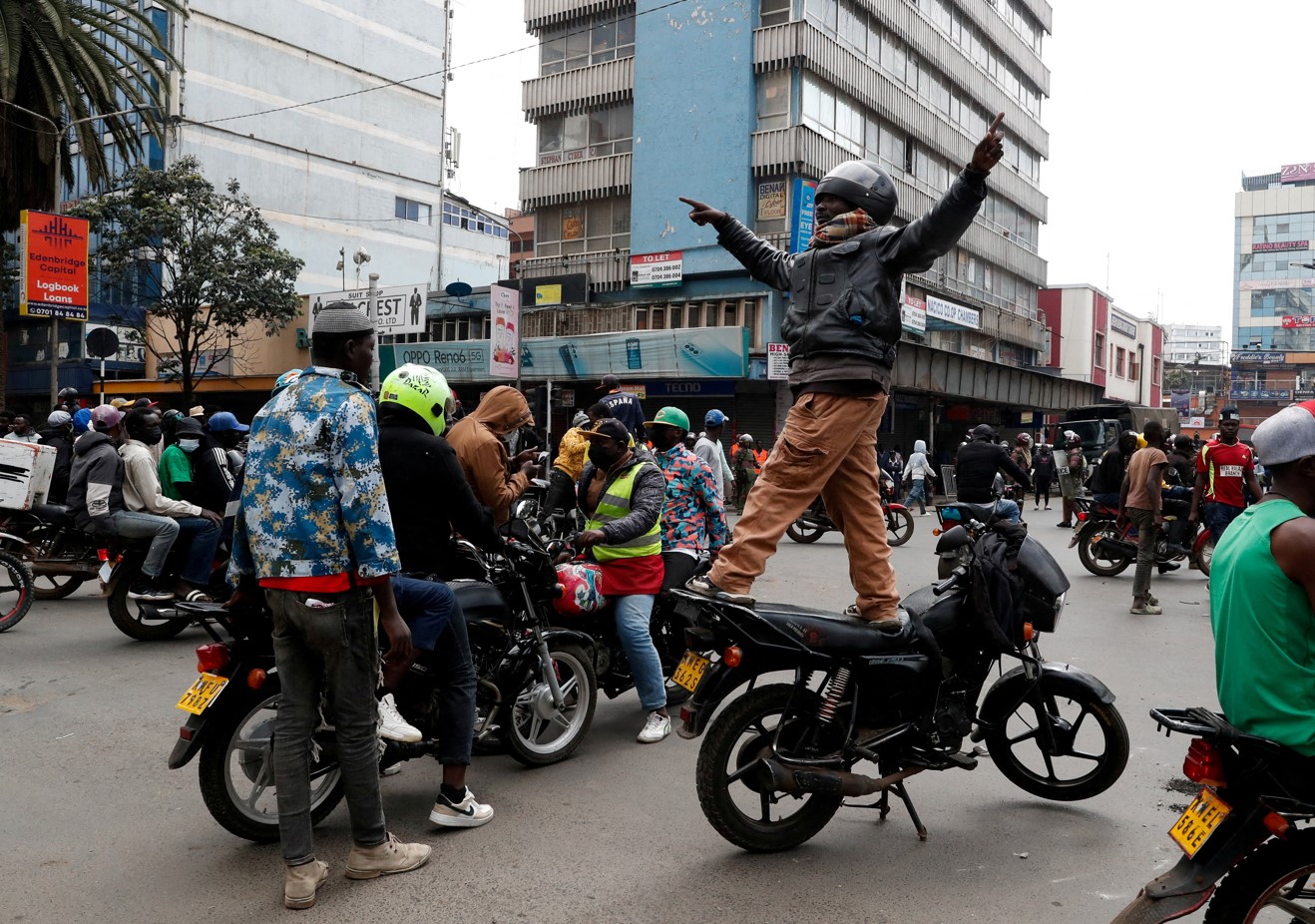
On Tuesday, lawmakers passed a bill to more than double the minimum wage to 70,000 naira ($44.16) a month, ending months of wrangling between the government and labour unions.
- Nigeria's police chief warned against Kenyan-style protests on Tuesday after frustrated citizens used online platforms to call for demonstrations against poor governance and a cost of living crisis.
More To Read
- Ruto defends ‘shoot-to-leg’ order amid outcry, cites public safety
- Morocco charges 2,480 in Gen-Z protests over poor governance, health and education
- Madagascar President appoints military general as prime minister amid mass protests
- High Court dismisses Sakaja’s bid to gag media over protest coverage
- Ex-CJ Maraga demands drop of terrorism charges against protesters as prosecution seeks 21-day probe
- Three petitioners sue CS Duale, General Kahariri over deployment of KDF in protests
In what could be President Bola Tinubu's biggest challenge, Nigerians have taken inspiration from young Kenyans - whose protests forced a government U-turn on tax hikes - and are using X and Instagram platforms to call for peaceful protests from August 1.
The last big protest in Nigeria was a demonstration against police brutality in October 2020. It ended in bloodshed, which demonstrators blamed on soldiers and police, who denied using live rounds.
Africa's most populous nation is grappling with its worst economic hardships in a generation, marked by soaring prices after Tinubu removed some petrol and electricity subsidies and sharply devalued the naira.
Widespread insecurity has displaced farmers, contributing to higher food prices.
Kayode Egbetokun, Nigeria's inspector general of police said protests were ill-advised.
"Some groups of people, self-appointed crusaders, and influencers, have been strategising and mobilizing potential protesters to unleash terror in the land under the guise of replicating the recent Kenya protests," Egbetokun said after meeting senior officers in Abuja.
"We will, therefore, not sit back and fold our arms to watch violent activities unleash violence on our peaceful communities or destroy any of our national critical infrastructure and assets again."
Under the theme "End Bad Governance in Nigeria," the protesters seek to force the government to reverse petrol and electricity price hikes, offer free education, declare a state of emergency on inflation and disclose lawmakers' pay, among other demands.
On Tuesday, lawmakers passed a bill to more than double the minimum wage to 70,000 naira ($44.16) a month, ending months of wrangling between the government and labour unions.
Egbetokun said peaceful protests were allowed under the law but the planned action was designed to foment trouble.
Top Stories Today
